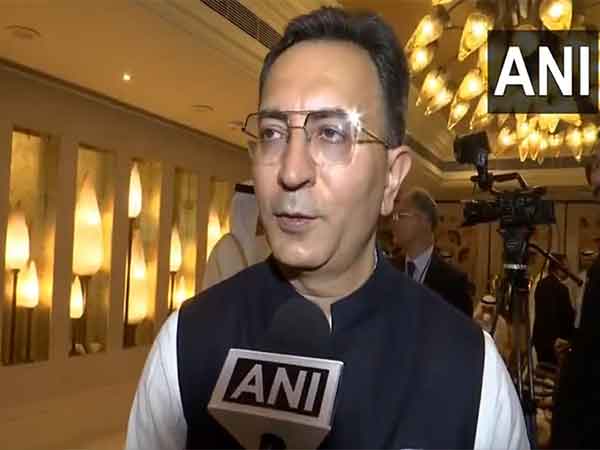India Intensifies Efforts to Boost Exports and Domestic Manufacturing with Ambitious Schemes
The Indian government has unveiled a series of initiatives to enhance exports and boost domestic manufacturing. These include production-linked incentive schemes, trade agreements, and logistical improvements. Particularly significant is the Comprehensive Economic and Trade Agreement with the UK, alongside efforts to finalize an EU Free Trade Agreement by year-end.

- Country:
- India
In a decisive move to elevate India's trade stature, the Central Government on Tuesday introduced a suite of measures targeting an uplift in exports and a boost in domestic manufacturing. Highlighted by the Ministry of Commerce & Industry, the initiatives circle around production-linked schemes, prolific trade agreements, streamlined logistics, and local export promotion programs.
A pivotal development within these measures was India inking the Comprehensive Economic and Trade Agreement (CETA) with the UK on July 24. The agreement marks a significant stride in India's quest to cement its presence on the global trade stage. Concurrently, negotiations with the European Union are advancing with the anticipation of closing a Free Trade Agreement by year-end.
Officials tout these international partnerships as game-changers, likely expanding market access for Indian enterprises, particularly small and medium enterprises (MSMEs). Domestically, the Production Linked Incentive (PLI) schemes covering 14 critical sectors like electronics, IT hardware, and pharmaceuticals, promise to invigorate investments, generate employment, and spur exports.
An illustrative success story can be seen in mobile phone exports, skyrocketing from Rs. 1,500 crore in 2014-15 to over Rs. 2 lakh crore expected in 2024-25, situating India as the world's second-largest mobile manufacturer. Similarly, the PLI scheme in the pharmaceutical sector has shifted India to a net exporter of bulk drugs, reversing its import reliance.
Underpinning all is an overhaul in logistics via the National Logistics Policy (NLP) and PM Gati Shakti, designed to pare down costs and enhance transportation efficiency. These reforms are further complemented by the National Industrial Corridor Development Programme (NICDP), envisioned to foster seamless, globally competitive industrial hubs.
At the grassroots, initiatives like Districts as Export Hubs (DEH) and E-Commerce Export Hubs (ECEHs) are set to empower small businesses and start-ups in tapping international markets. The DEH initiative has outlined export action plans for 590 districts, while ECEHs aim to simplify cross-border e-commerce logistics.
The government's ambitious domestic push extends to innovation in medical device manufacturing under the PLI scheme, with 21 projects underway producing 54 sophisticated devices. Minister of State for the Ministry of Commerce & Industry, Jitin Prasada, detailed these progressive steps in a Lok Sabha briefing today.
(With inputs from agencies.)










